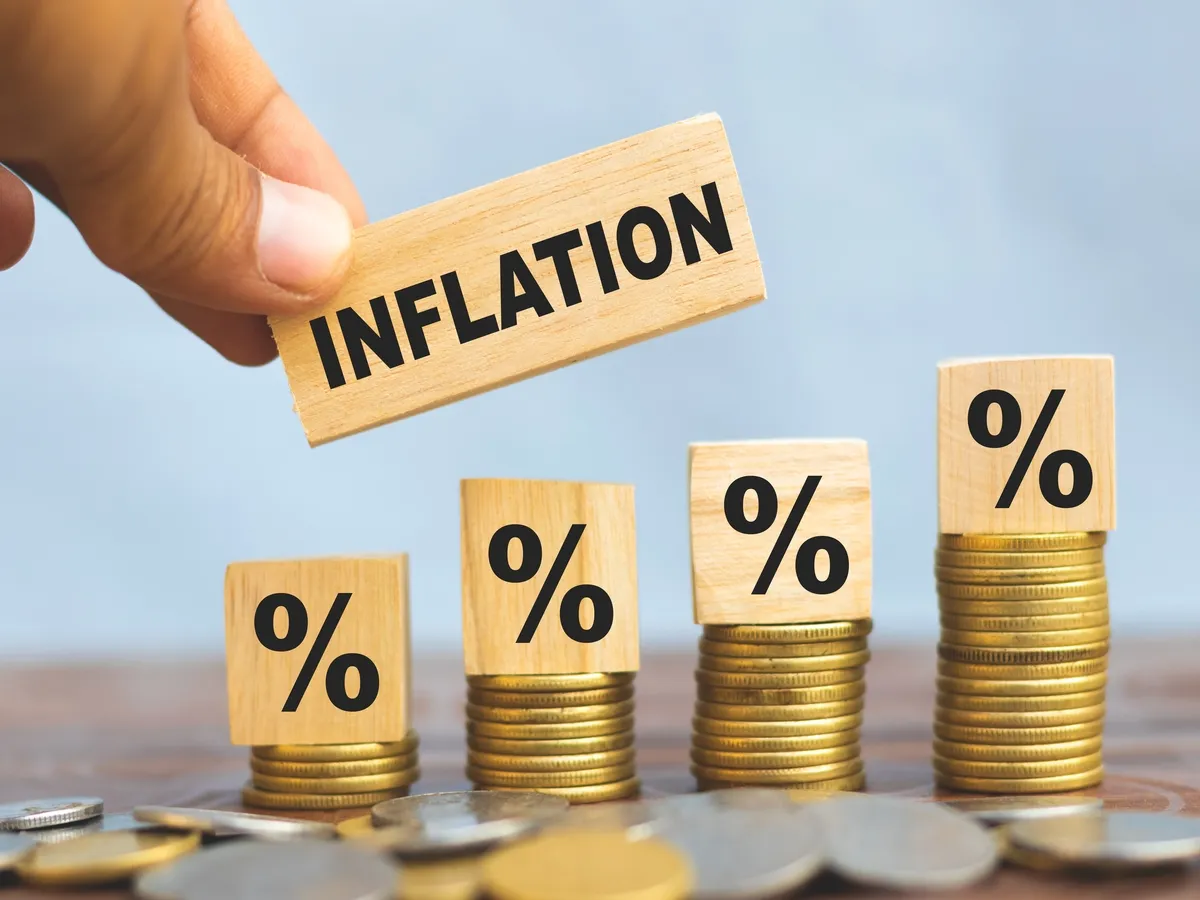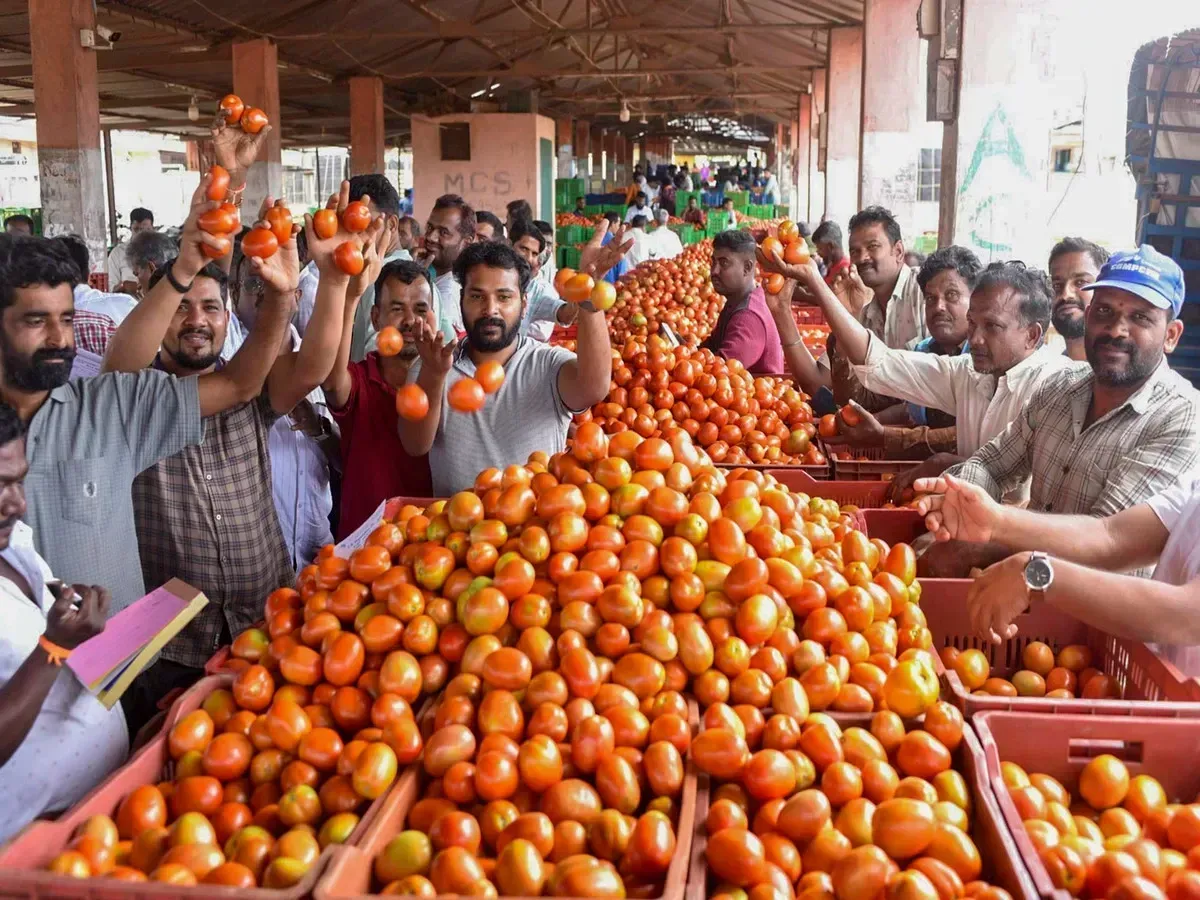Business News
India’s retail inflation to fall to 2.8% in FY26, more repo rate cuts expected: UBS

4 min read | Updated on August 13, 2025, 16:17 IST
SUMMARY
The RBI is expected to introduce more repo rate cuts and bring the key interest rate down by 25-50 basis points (bps) in the coming months, UBS said in a report.

Food inflation in India stood at -1.76% in July against -1.01% in June, falling to its lowest since January 2019.
India’s Consumer Price Index (CPI) inflation in the current fiscal (FY26) is expected to be at 2.8% YoY (year-on-year), below RBI’s estimate of 3.1% YoY, UBS said in a report, adding that it believes trade tariffs can lead to disinflationary spillovers in India due to growth downside risks.
Retail inflation in India fell to an 8-year low of 1.55% in July, as per government data released on August 12. The CPI-based inflation is at its lowest since June 2017, and has declined for the ninth straight month in July 2025. It was at 2.1% in the previous month (June 2025). The inflation in July was below the consensus expectation of 1.4% YoY, but below UBS’ estimate of 1.8%
“The significant deceleration in CPI inflation (from the recent peak of 6.2%YoY in Oct-24) has been largely led by the deflation in the food segment (-1.8%YoY in Jul-25 vs. peak of 10.9%YoY in Oct-24) due to a sharp correction in vegetables, pulses and cereal prices. This is supported by good supply availability, adequate stock of rice and wheat and vegetables prices not showing a seasonal pick-up that is generally seen during these months,” UBS said in its report.
It added, “Accordingly, we lower FY26 CPI inflation forecast to 2.8% (previously 3%) below RBI's estimate of 3.1%. We believe higher trade tariffs can lead to disinflationary spillovers to India due to growth downside risks of 15/35bps in FY26 in a 25%/50% tariffs scenario (vis-a-vis UBS's baseline forecasts) and China's excess manufacturing capacity getting offloaded at a cheaper price.”
Food inflation in India
Food inflation stood at -1.76% in July against -1.01% in June due to lower inflation in pulses and products, vegetables, cereals, eggs, sugar and confectionery, education, transport and communication, the data showed. Food price inflation stands at its lowest since January 2019.
“Food prices fell 1.8%YoY in July (vs. -1%YoY in the previous month). However, on a sequential basis, food prices were up 2%MoM in July (vs. 1.1%MoM in June). The decline in the food segment was largely led by vegetables (-21%YoY vs. -19%YoY in June), pulses (-14%YoY vs. -12%YoY in June) and cereals (3%YoY vs. 3.7%YoY in June). Inflation in the fuel and light segment inched up slightly to 2.7%YoY in July (vs. 2.6%YoY in June),” the report stated.
Core inflation
Core inflation eased to 4.1% YoY in July against 4.4% YoY in June. Apart from energy components (petrol and diesel) and gold, refined core inflation also declined to 3.1% YoY in July from 3.6% in June.
“Looking at breakup, deceleration in core inflation was largely led by moderation in inflation in the transport and communication (2.1%YoY vs. 3.9%YoY in June) due to base effect (as telecom tariff were hiked in July last year) and education segments (4%YoY vs. 4.4%YoY in June) while inflation in the personal care & effects (includes gold) and health segments inched up marginally in July,” UBS said.
RBI repo rate
The Reserve Bank of India (RBI) adopted a pause-and-act strategy in its August Monetary Policy Committee meeting, keeping the key interest rate (repo rate) unchanged at 5.5% and maintaining the neutral monetary policy stance.
However, the RBI is expected to introduce more repo rate cuts in the coming months. So far in 2025, the RBI has cut the repo rate twice, frontloading a 100 basis points (bps) rate cut, bringing it down to 5.5% in August from 6.5% in February.
The 50% US tariffs expected to come into effect on August 27 and other geopolitical concerns will affect business sentiment and how India’s policymakers will react to the uncertainty around the final tariff structure, the UBS noted. The UBS expects the RBI to cut the repo rate in FY26 by 25-50 bps.
“With underlying inflationary pressures remaining benign and considering RBI's neutral policy rate assumption of 1.4%-1.9%, we see space for the terminal repo rate to fall to the 5.0-5.25% range. We maintain our view that there is space for a 25 bps rate cut in the October meeting, with the risk of another 25bps if India's growth surprises to the downside due to US trade tariffs, or/and a significant slowdown in global growth,” the UBS said in its report.
Related News
By signing up you agree to Upstox’s Terms & Conditions
About The Author
Next Story


